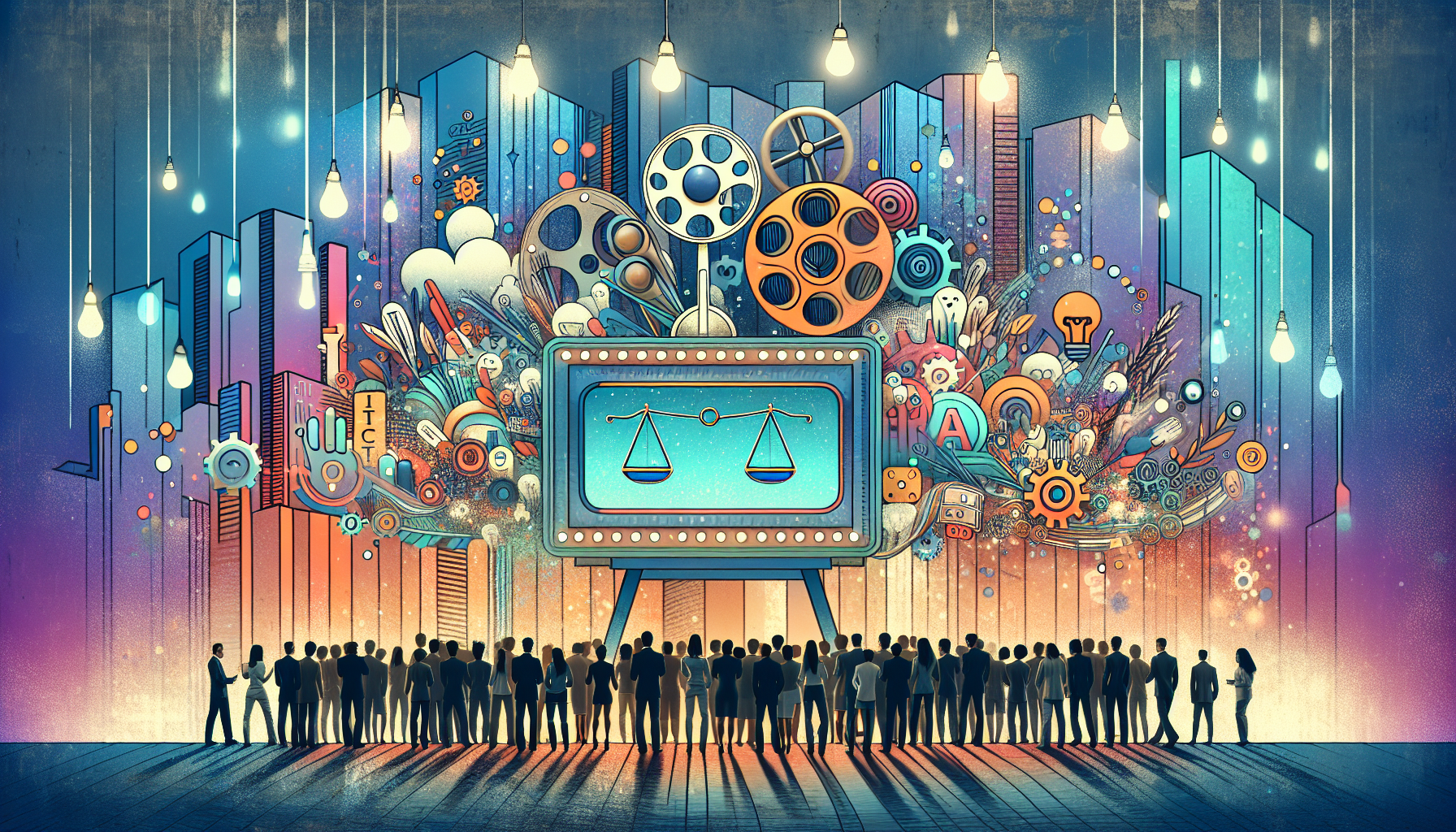Anticipating Legal Issues for Startups in AI Film Festivals

As the intersection of technology and film becomes more pronounced with the Austin AI Film Festival, emerging legal challenges related to intellectual property and compliance are crucial for startups participating in such events. Understanding these issues can help tech entrepreneurs navigate the complexities of this burgeoning industry.
Impact on Startups
The Austin AI Film Festival holds substantial promise for technology startups, fostering innovation and collaboration. Here are some key ways the festival impacts startups:
- Creating New Opportunities: The festival provides a platform for startups to showcase their AI-driven projects, attracting attention from industry leaders, investors, and audiences. Participating startups can leverage this exposure to gain recognition in a competitive market.
- Benefits and Risks: While the festival can catalyze partnerships and funding opportunities, there are inherent risks, such as potential copyright disputes or challenges related to AI-generated content. Startups must navigate these complexities while promoting their innovations.
- Funding and Partnerships: The tech and film sectors are increasingly interlinked, creating a fertile ground for startups seeking investment. However, legal considerations surrounding intellectual property can affect the viability of funding and partnership deals.
Legal Considerations
Startups must be aware of the critical legal considerations surrounding their participation in the festival:
- Intellectual Property Rights: With AI-generated content becoming commonplace, understanding who owns the rights to such material is vital. Currently, AI tools cannot own copyright—it's the human creator or the entity employing the AI that retains ownership. Legal frameworks around this issue are still evolving, making it essential for startups to clarify IP rights early in the development process. For a comprehensive guide, refer to Hollywood's AI Concerns.
- Compliance Regulations: Technology and film sectors are governed by various regulations, including data protection laws and content guidelines. Startups must comply with these laws to avoid penalties and ensure smooth participation in the festival. For example, the Intellectual Property Considerations for AI Companies outlines essential compliance issues.
- Liabilities: Startups engaged in AI film projects may face potential liabilities related to infringements or failure to meet contractual obligations. Understanding these liabilities can prevent costly legal disputes post-festival.
Risk Mitigation
To navigate the legal landscape effectively, startups can adopt several strategies:
- Protecting Intellectual Property: Startups should consider early registration of their intellectual property, including trademarks for company logos and copyrights for creative content. Utilizing non-disclosure agreements (NDAs) during discussions with potential partners can also safeguard sensitive information.
- Legal Frameworks for Compliance: Engaging legal counsel familiar with both technology and film laws can provide invaluable guidance during the festival. A transactional law firm can help ensure compliance with regulations, offering tailored strategies to meet industry standards.
- Negotiating Contracts: Startups should prioritize clarity in contracts with partners and vendors. Clearly defined terms regarding IP ownership, revenue sharing, and responsibilities will mitigate risks and reduce the chance of disputes.
Future Outlook
The landscape of AI in film is poised for rapid evolution:
- Evolving Legal Frameworks: As AI technologies advance, legal frameworks are expected to evolve accordingly. Startups should stay informed about upcoming legislation that could impact their operations. The insights from the interaction between IP laws and AI will be crucial for understanding potential changes.
- Regulatory Changes: Successful festivals showcasing AI innovations may prompt regulatory changes, reshaping how intellectual property, privacy, and other legal concerns are addressed within the industry.
- Technology Partnerships: Trends indicate that partnerships between tech firms and film studios will grow, driven by the demand for innovative content delivery. Understanding the legal implications of these partnerships will be essential for startups looking to participate in this burgeoning landscape.
Conclusion
The inaugural Austin AI Film Festival presents both opportunities and legal challenges for tech startups. By understanding the legal landscape, including intellectual property rights and compliance issues, startups can better navigate these waters. Engaging a transactional law firm is essential for ensuring legal compliance and reducing risks in this innovative space.

